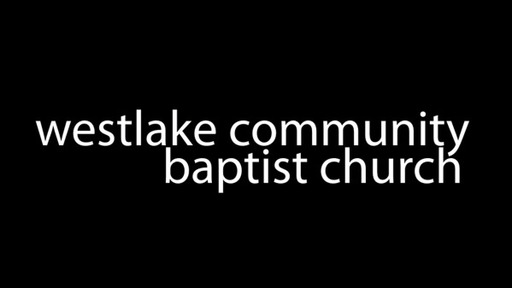God’s Grace for Us

Redeeming this Season
A Dark Situation
God’s Gracious Light
Grace-Filled Names
Grace is the Zeal of the Lord
The Lord will do this
God’s Grace for Our World
God’s Grace for a Troubled Heart
Two or three years before the death of John Newton, when his sight was so dim that he was no longer able to read, a friend and brother in the ministry called to have breakfast with him. Their custom was to read the Word of God following mealtime, after which Newton would make a few short remarks on the Biblical passage, and then appropriate prayer would be offered. That day, however, there was silence after the words of Scripture “by the grace of God I am what I am” were read.
Finally, after several minutes, Newton spoke, “I am not what I ought to be! How imperfect and deficient I am! I am not what I wish to be, although I abhor that which is evil and would cleave to what is good! I am not what I hope to be, but soon I shall be out of mortality, and with it all sin and imperfection. Though I am not what I ought to be, nor what I wish to be, nor yet what I hope to be, I can truly say I am not what I once was: a slave to sin and Satan. I can heartily join with the apostle and acknowledge that by the grace of God I am what I am!” Then, after a pause, he said. “Now let us pray!”
